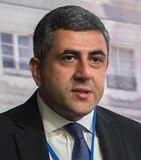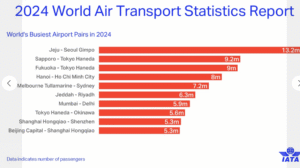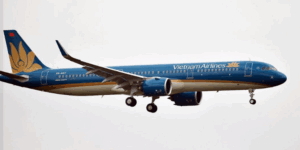UNWTO General Assembly appoints Zurab Pololikashvili Secretary General for 2018-2021

Zurab Pololikashvili, current Ambassador of Georgia to Spain, Morocco, Algeria and Andorra, has been appointed Secretary General of the World Tourism Organization (UNWTO) for the period 2018-2021.
The candidature of Zurab Pololikashvili was presented by his country, Georgia, in accordance with the UNWTO statutes.
Zurab Pololikashvili was elected by consensus at the 22nd UNWTO General Assembly being held in Chengdu, China, following the recommendation of the 105th UNWTO Executive Council.
Zurab Pololikashvili was Minister of Economic Development of Georgia (2009-2010) and Deputy Minister of Foreign Affairs of Georgia (2005-2006).
Zurab Pololikashvili shares his views on the future of the World Tourism Organization
Q- What are your priorities for the Organization in the four years to come? What would you like to achieve?
A- My vision for UNWTO is fully based on the needs of its Member States, considering current political and economic uncertainties across the globe. Let me briefly present some key areas. One of the top priorities will be to expand the UNWTO membership and attract new countries to join the Organization for them to benefit from its services and activities. Cooperation with new Members on tourism’s contribution to the Sustainable Development Goals (SDGs) is essential in order to assist governments and companies in incorporating relevant aspects of the SDGs into policies and business operations.
I will actively encourage leading donor agencies to be involved in the implementation of a wide range of projects and capacitybuilding programmes on national and sub-regional levels.
I propose to initiate the following thematic platforms to expand UNWTO’s advocacy work and awareness-raising: a global leaders’ summit on travel and tourism for heads of state, in parallel with the UNWTO General Assembly; an annual ministerial meeting on safety, security and travel facilitation to enhance effective inter-sectorial coordination; an annual global ‘invest in tourism’ forum to promote investment opportunities and share best international practices on investment and incentive policies; and an annual ministerial-level forum on climate change and tourism to offer specific recommendations on implementing long-term sustainable development policies.
I believe that Member States need more technical expertise from the Organization. In this regard, UNWTO should regularly prepare individual recommendations for individual governments to support sustainable and competitive growth of travel and tourism by developing policy guidelineson destination management.
Q- The current Secretary General, Taleb Rifai, has been described by Member States and the private sector as a consensus builder and a great leader for the sector worldwide. Besides building consensus and showing leadership, what are in your opinion the additional challenges of a UNWTO Secretary-General?
A- First of all, I would like to emphasize that under the leadership of the current SecretaryGeneral, Taleb Rifai, UNWTO and the global tourism industry have achieved tremendous success to become one of the most important socio-economic sectors. Dr. Rifai increased the visibility of UNWTO and made politicians more responsible for travel and tourism.
Besides leadership and an ability to build consensus, I think a Secretary-General should demonstrate dynamism while championing innovation in this challenging time, as well as achieving results -driven outcomes with both government and private sector Members by delivering technical expertise through concrete recommendations and projects.
Q- 2016 will probably be the eighth year of consecutive growth for international tourism, and according to UNWTO ‘Tourism Towards 2030’, it is estimated that there will be 1.8 billion international arrivals by 2030. What is your view on the main challenges and opportunities facing the sector in the years to come?
A- I think UNWTO should be focusing on long-term challenges. Safety and security and climate change are key challenges but there are many other external factors affecting global travel and tourism. UNWTO should undertake serious steps to manage thematic platforms so that dialogue among decision-makers results in effective inter-sectorial coordination.
As of opportunities, from my point of view, UNWTO should strengthen its expertise and prepare guidelines on management and marketing for various types of tourism destinations considering current technological advances, new business models and the rise of digital tourism.
Courtesy : UNWTO
Sept.14 ,2017















